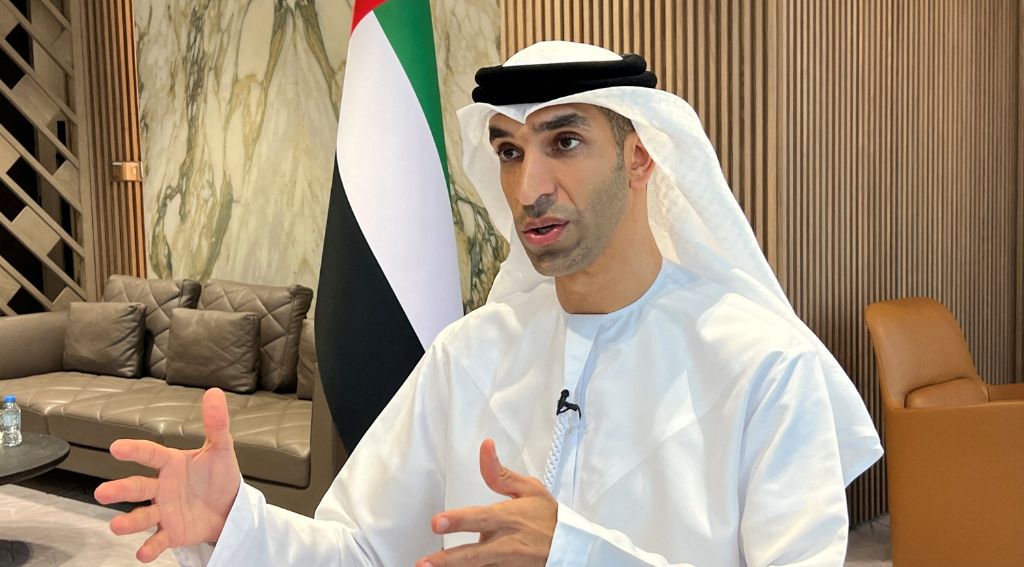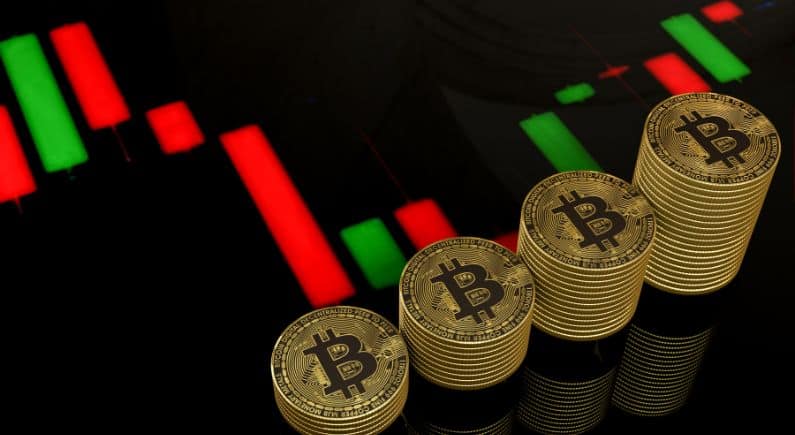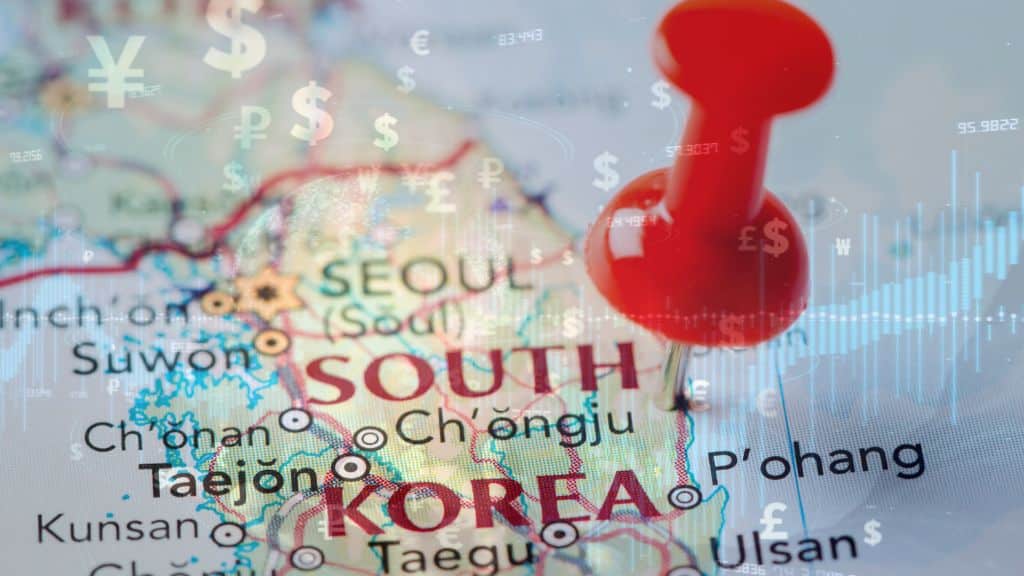Transformative impact of AI on global trade to be discussed at WTO in Abu Dhabi

The 13th Ministerial Conference of the World Trade Organization (WTO) has convened, bringing together the world’s foremost trade ministers and policy makers. This pivotal gathering, set against the backdrop of the dynamic city of Abu Dhabi, is poised to shape the future of international trade, addressing critical issues from e-commerce to AI, and setting the course for a new era of global economic cooperation. The conference, chaired by H.E. Dr Thani bin Ahmed Al Zeyoudi, (in photo above), UAE’s Minister of State for Foreign Trade, promises to be an important event in the history of global trade.
Artificial Intelligence (AI) is an emerging general-purpose technology that promises to increase productivity and improve well-being. Within the next generation, AI is set to transform some of the largest categories of international trade in goods and financial services.
AI technologies have already diffused to China, which is set to become an AI world leader in less than a generation. This development has the potential to reconfigure world trade patterns. However, whether this potential is realized is an open question largely because regulatory frameworks surrounding AI will be major determinants of how AI-based products are traded.
Some of the largest US firms by market capitalization (Google, Facebook, and Amazon) do not have access to the Chinese market due to regulation. Likewise, some of the largest Chinese firms by market capitalization (Tencent and Alibaba) may be excluded from the US market on the basis of national security concerns.
At the heart of these obstacles to AI-based trade is a fundamental regulatory tension. On the one hand, AI-based firms want a lax regulatory framework in their own country that allows them to harvest and deploy massive amounts of data. This creates a regulatory race to the bottom. On the other hand, deployment often requires industry standards which, if not coordinated internationally, will fragment world markets and drive demands for disguised protection by domestic players.
Unlocking potential of AI in global trade
The most important of the many behind-the-border regulations that impact international comparative advantage in AI is privacy policy. Recent advances in AI have been driven by advances in machine learning. Machine learning is prediction technology in the statistical sense. It takes data and uses it to fill in missing information. In other words, a key input into today’s AI is data. Companies with access to more data will be able to create AI that makes better predictions. More data mean better products. By restricting the acquisition and use of data, privacy regulation hampers AI-driven innovation.
Where this regulation is relatively strict, companies have struggled to use data in innovative and productive ways. Where this regulation is relatively permissive, companies have been able to develop remarkable new platform technologies with multiple apps, each generating data that enhances the predictive power of all apps on the platform.
In summary, AI will generate transformative products and services that alter world trade patterns. The domestic regulation of AI may lead to a regulatory race to the bottom, as it has been argued in areas such as environmental and labour policy. Trade agreements may have a role to play in encouraging cooperation on minimum privacy standards.
Stop Press – AIBC Eurasia takes place in Dubai 25 – 27 February !
AIBC Africa takes place in Cape Town between 11-13 March !






